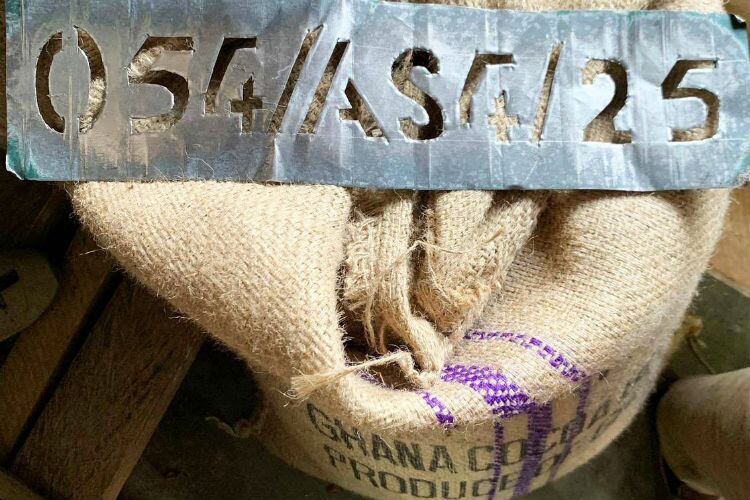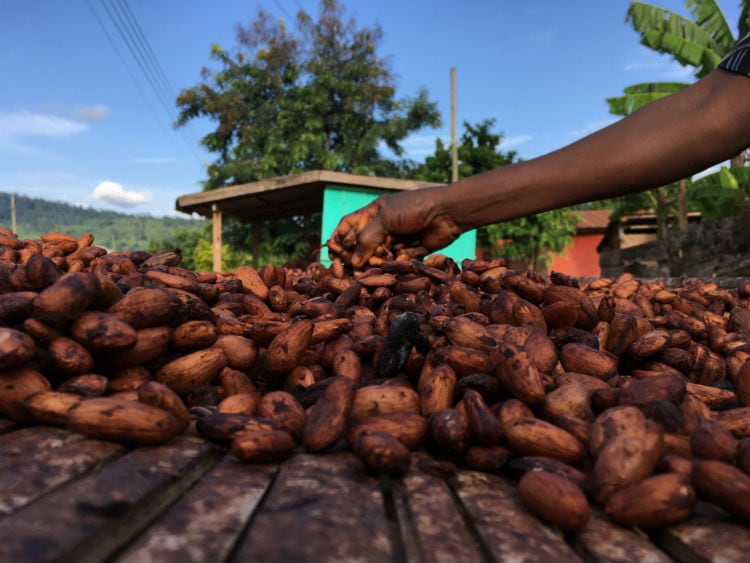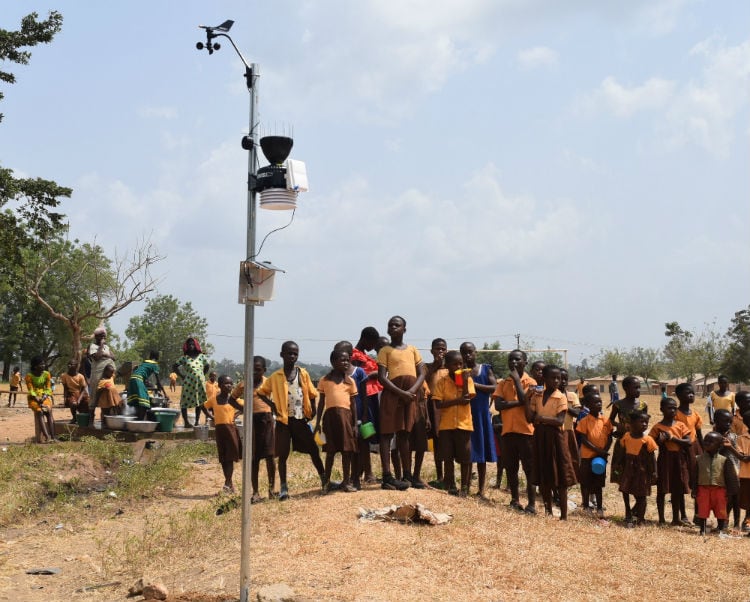As most of the Western world prepares to celebrate Easter with plenty of chocolate and confectionery consumption, advocacy organization Mighty Earth has released an environmental buyers’ guide for sustainable chocolate.
Its Easter Chocolate Shopping Guide asses 57 chocolate companies’ environmental policies and practices to provide consumers with an easy reference when buying chocolate for friends and family. The companies in the guide are graded on a three-grade scale (Green, Yellow, Red) for each category, with an average score determined based on the overall grading.
Chocolate sales
As findings by the National Confectioners Association reveals, Easter is a peak holiday for chocolate sales around the world, with a greater market share than Christmas, Valentine’s Day, or Halloween.
“People are increasingly looking for sustainable options when they shop,” said Etelle Higonnet, campaign director at Mighty Earth. “They don’t want to give their kids Easter eggs made with child labor, or that killed chimpanzees. We want to make that process easier, so that you can savor a chocolate egg without having to worry if the company that made it wiped out a national park in Africa to get the cocoa.”
Mighty Earth named Lindt – one of the top 10 chocolate companies in the world – as this year’s ‘Good Egg’ for exceeding guidelines set out by the industry standard Cocoa & Forests Initiative (CFI).
Lindt’s ‘No Deforestation and Agroforestry Action Plan’ includes dramatic transparency measures, including disclosure of the company’s supply chain to suppliers and locations Lindt sources from.
Zero deforestation
Mighty Earth said that over the last two years, Lindt has embraced zero deforestation worldwide, full traceability of every bean, restoration of forests, the High Carbon Stock Approach (a methodology that distinguishes forest from degraded lands, for optimal implementation of corporate deforestation-free commitments that also ensure local peoples’ rights and livelihoods), and agroforestry with a minimum of 30% shade tree cover.
The organization ranked companies based on their deforestation policies in West Africa, global cocoa deforestation policies, and agroforestry (a way of measuring how companies are working on shifting away from destructive ‘full sun’ monoculture to forest-friendly, shade-grown, agro-ecological cocoa) – the same categories as last year.
Traceability
This year’s scorecard also includes a new category for traceability. Within the last year, many players in the industry made huge progress on this front, tracing as much as 80% of their direct supply chain, to move closer to clarity, honesty, and transparency, Mighty Earth revealed.
“The majority of cocoa farmers make under $1 per day. With the lion’s share of the benefits, it is high time that retailers take responsibility for human rights abuses and environmental abuses in the cocoa they sell,” said Higonnet.
Mighty Earth also added a new column for living income. Farmers’ poverty has become worse in the last three years, it stated, with roughly 2.1 million children work in cocoa, 96% of whom are found to be in hazardous labor according to its latest research.
“I can accept that some parents with a sweet tooth might sneak a wee bit of candy from their kids' stash,” said Higonnet. “But I can’t accept that a $100 billion-a-year industry is robbing the farmers who are slaving away in unacceptable conditions to supply them with raw materials.”
ICCO pledges more dialogue with EU on deforestation
The International Cocoa Organization (ICCO) has issued a response to the EU initiative on stepping up action against deforestation and forest degradation.
In a 21-bullet communiqué the ICCO said it will task “the Secretariat with taking all appropriate measures to establish a dialogue with the European Union and other ICCO importing member countries, with the aim of setting up a platform enabling all relevant stakeholders within the world cocoa economy to join forces and scale up their common actions on the issue of deforestation”.
The following points were also included in the ICCO communiqué:
1. Acknowledging the contribution of the cocoa sector towards the achievement of the Sustainable Development Goals (SDGs); and taking into account the need to equally balance the economic, environmental and social pillars of the SDGs.
2. Considering that forests are indispensable for addressing the issue of climate change.
3. Considering that many ICCO exporting members have in place national programs and policies aiming at fighting deforestation and favoring reforestation.
4. Noting that the agricultural sector is a major driver of deforestation and that the impact of cocoa is significant in certain deforestation hotspots.
5. Acknowledging that deforestation is a global issue that needs a global solution.




